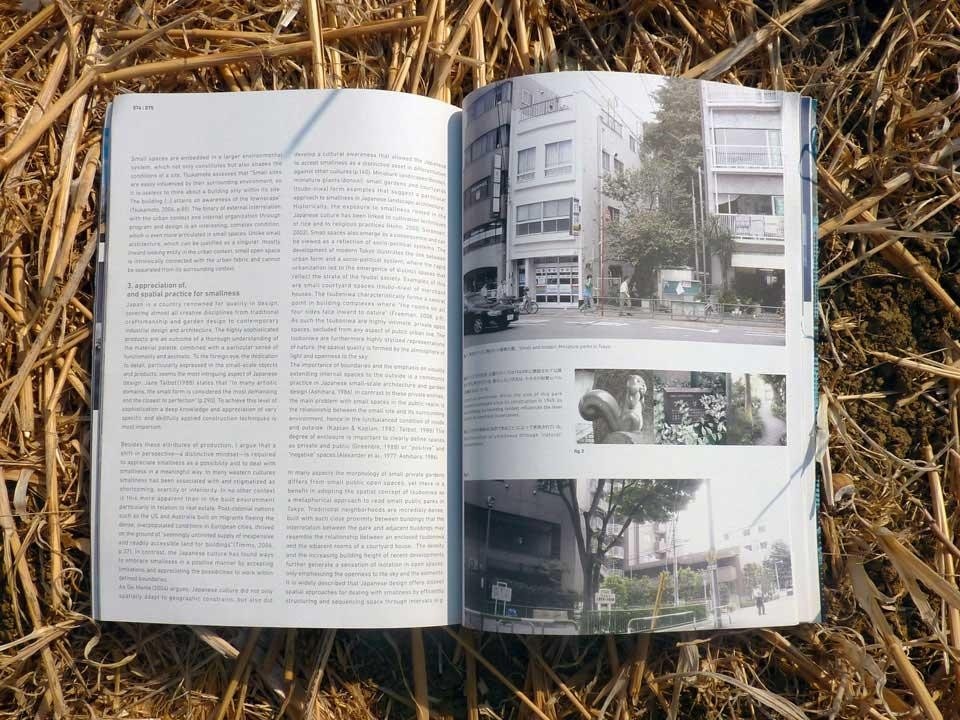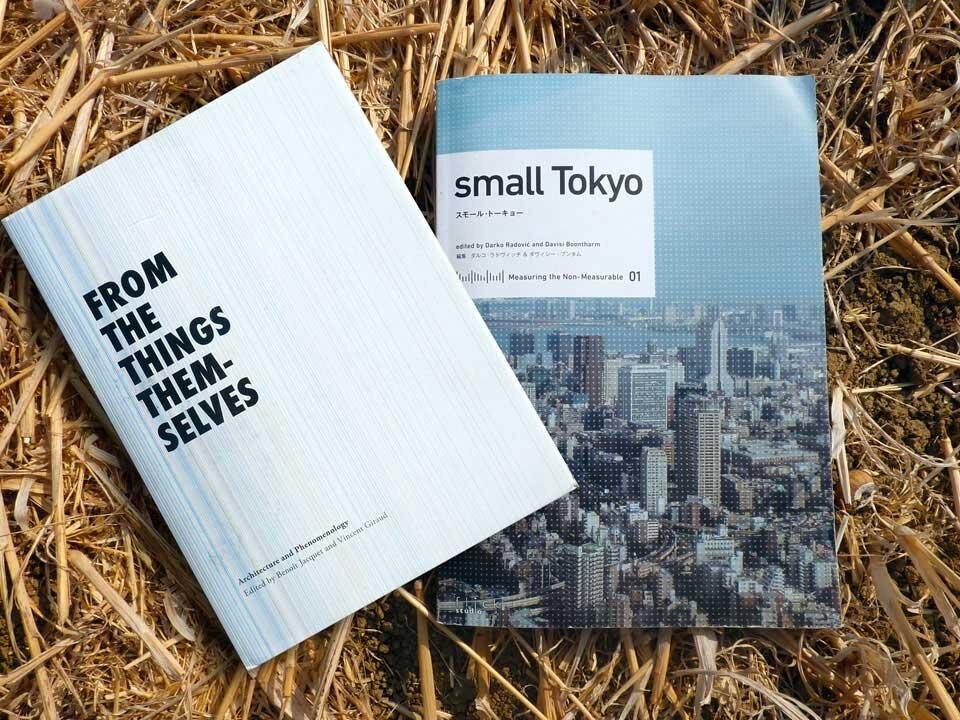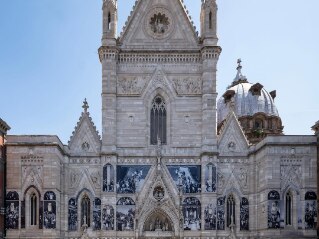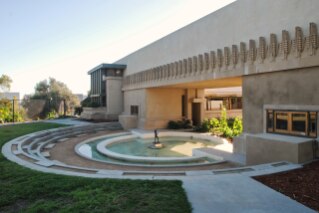Darko Radovic and Davisi Boontharm, Small Tokyo, Flick Studio & IKI-International Keio Institute for Architecture and Urbanism. Softcover, 17x24, pp. 112. JPY 1,200
Phenomenology is based on the idea that any everyday object can become an engine of knowledge. It is no coincidence that Edmund Husserl asked his students to describe boxes of matches or letterboxes as if they were universes. When a student asked a question that spoke of grand ideas during a lecture, the philosopher listened to him before finally asking, "could you express the same concept in small change instead of with large banknotes?" A similar intention can be found in Benoît Jacquet and Vincent Giraud's From the Things Themselves, and in Darko Radovic and Davisi Boontharm's Small Tokyo: making big ideas accessible in a simple way.
From the Things Themselves presents a range of contributions that link the phenomenology of Nishida, Husserl and Merleau-Pondy — among others — to architecture. In the book, studies of the Western desire to "structure" and give a logical "arche" to "things" is set alongside the Eastern necessity to allow space for intuition and for open systems. The book seeks to reveal how architecture is not a discipline that produces just "things", but in fact emerges from the "things" produced by it; not a discipline that organises "things", but that in part is generated by the "things" that it organises.
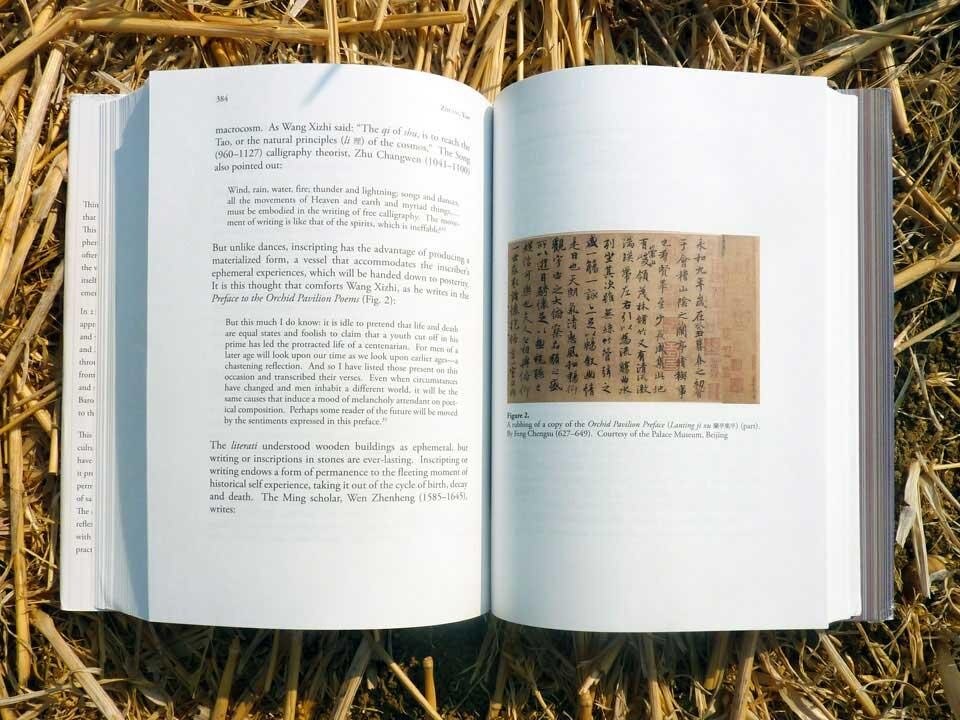
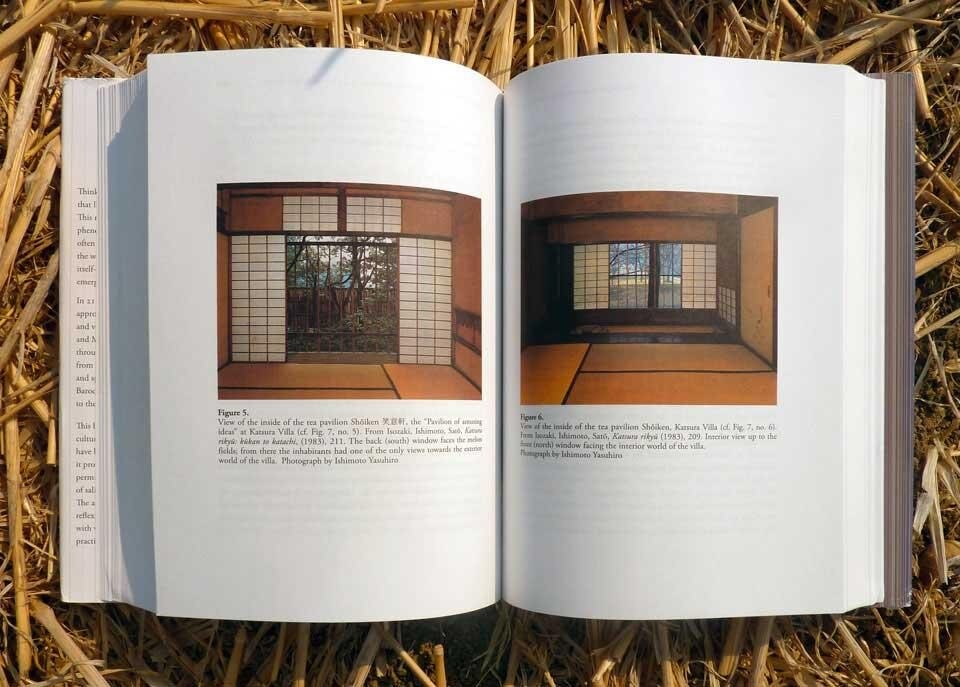
Both books seek to make big ideas accessible in a simple way
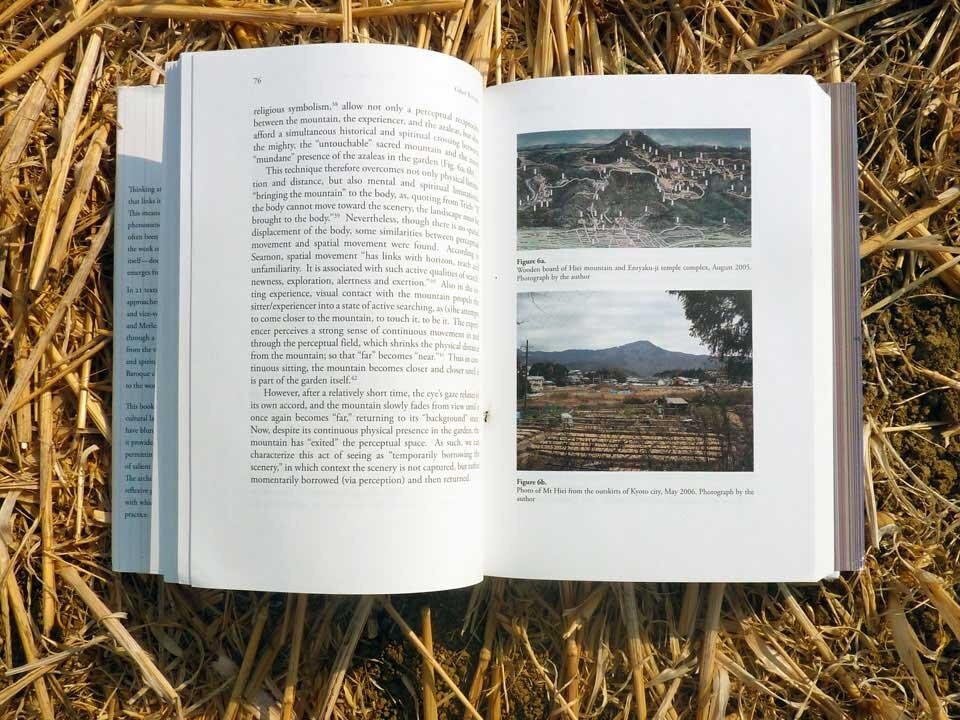
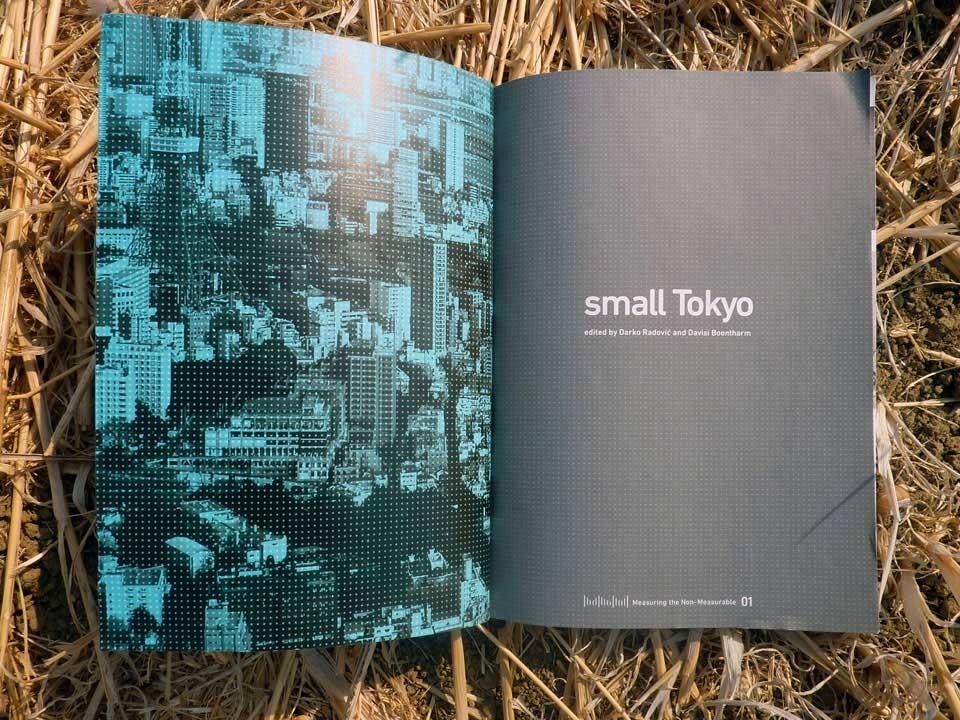
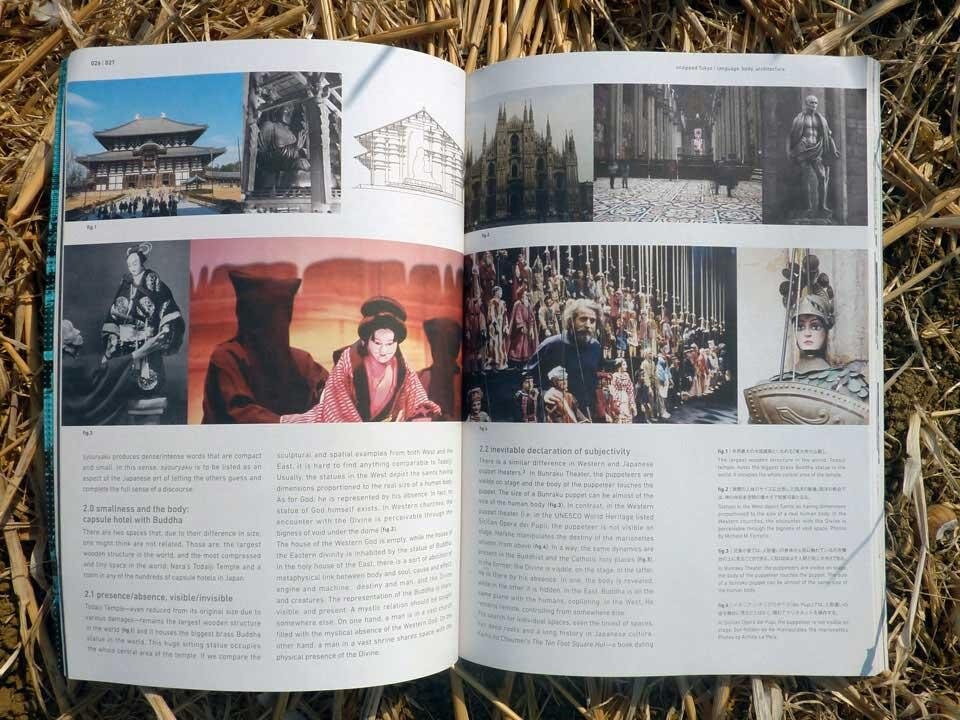
In definitive terms, From the Things Themselves and Small Tokyo both aim to measure the immeasurable using cognitive instruments of analysis that are yet to be tested. Precisely for this reason, both books end up being fresh and new. Salvator-John A. Liotta
